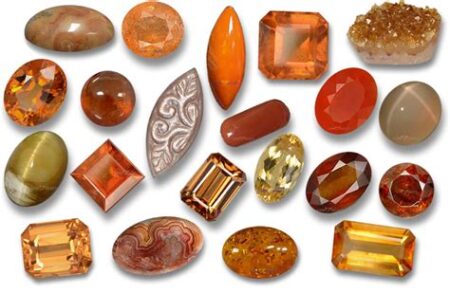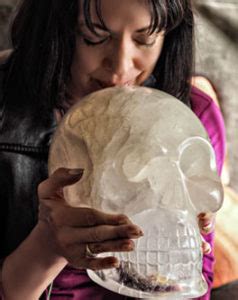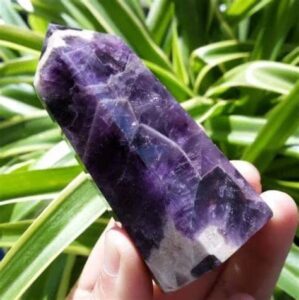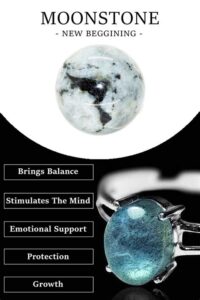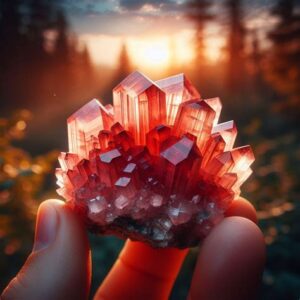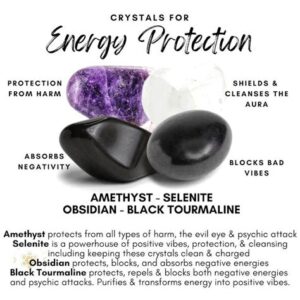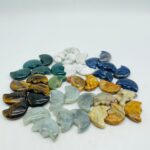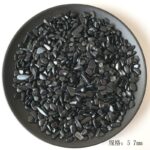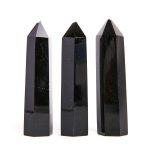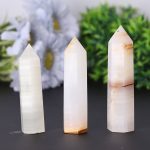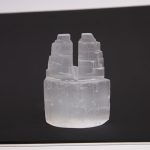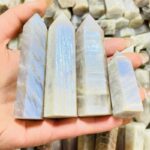Introduction
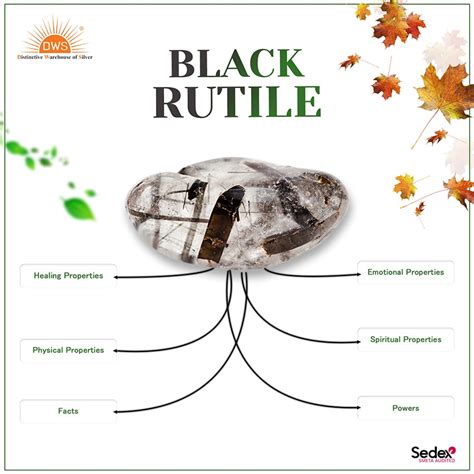
The Apache Tear, an enigmatic and beautiful stone, has captivated humans for centuries with its unique appearance and fascinating history. Found in various regions worldwide, this obsidian gem carries a rich cultural significance, particularly among Native American tribes. In this comprehensive article, we will explore the captivating world of Apache Tears, shedding light on their geological formation, cultural history, healing properties, and potential applications in modern society.
Geological Formation
Apache Tears are formed when volcanic lava rapidly cools, trapping pockets of gas within the molten rock. As the lava solidifies, these gas pockets form bubbles that burst, leaving behind hollow cavities. When the lava eventually erodes, the hollow pockets are exposed, creating the distinctive teardrop shape that characterizes Apache Tears.
Cultural Significance
Apache Tears have held a profound significance in Native American cultures for generations. Among the Apache, they were believed to possess mystical powers and were used for healing, protection, and divination. Legend has it that the tears were shed by Apache warriors who had lost loved ones in battle.
In other Native American cultures, Apache Tears were used as talismans to ward off evil spirits and attract good fortune. They were also believed to promote courage, strength, and endurance.
Healing Properties
Apache Tears have gained prominence in the world of crystal healing for their purported therapeutic benefits. Believers claim that these stones possess the ability to:
- Reduce stress and anxiety
- Soothe emotional wounds
- Enhance spiritual growth
- Promote inner peace
- Alleviate physical ailments such as headaches and digestive issues
While scientific evidence to support these claims is limited, the placebo effect and the belief in the healing power of crystals can provide comfort and well-being.
Modern Applications
In recent years, Apache Tears have found innovative applications in various fields, including:
- Jewelry: Apache Tears are frequently used in jewelry making, creating exquisite necklaces, earrings, and pendants that evoke a sense of ancient wisdom and spirituality.
- Home Decor: These stones can be incorporated into home decor to create a calming and energizing atmosphere. They are often placed in bowls, on shelves, or used as table centerpieces.
- Metaphysical Practices: Apache Tears are highly valued in metaphysical practices such as meditation, yoga, and crystal healing. Practitioners believe that these stones can enhance spiritual connection and facilitate inner transformation.
- Wellness Products: The purported healing properties of Apache Tears have led to their use in wellness products such as massage stones, bath salts, and essential oil diffusers.
Benefits and Drawbacks
Like any gemstone, Apache Tears offer both benefits and drawbacks to consider:
Benefits of Apache Tears:
- Beautiful and unique appearance
- Rich cultural history and significance
- Purported healing properties
- Versatile applications in jewelry, home decor, and metaphysical practices
Drawbacks of Apache Tears:
- Can be fragile and prone to breakage
- May not exhibit the healing properties claimed by believers
- Can be relatively expensive, depending on the size and quality of the stone
Step-by-Step Guide to Using Apache Tears
For those interested in using Apache Tears for healing or spiritual purposes, the following step-by-step guide may prove helpful:
- Choose your Apache Tear: Select a stone that resonates with you and feels comfortable to hold.
- Cleanse your Apache Tear: Cleanse the stone before using it by smudging it with sage or palo santo, or by placing it in running water.
- Hold your Apache Tear: Hold the Apache Tear in your hand and focus on your intention or desire. You can also meditate with the stone, allowing its energy to wash over you.
- Trust your intuition: Allow your inner guidance to inform you of how to use the Apache Tear most effectively for your specific needs.
Conclusion
Apache Tears are captivating gemstones that have played a significant role in human history, culture, and spirituality. Their unique formation, cultural significance, purported healing properties, and modern applications make them a fascinating subject that continues to inspire and intrigue. Whether you appreciate their beauty, believe in their mystical powers, or simply enjoy their presence, Apache Tears offer a tangible connection to the natural world and the wisdom of our ancestors.
Additional Information
Table 1: Chemical Composition of Apache Tears
| Component | Percentage |
|---|---|
| Silicon Dioxide (SiO2) | 65-75% |
| Sodium Oxide (Na2O) | 5-12% |
| Aluminum Oxide (Al2O3) | 8-15% |
| Calcium Oxide (CaO) | 2-5% |
| Others (including Iron, Magnesium, Potassium) | 1-2% |
Table 2: Physical Properties of Apache Tears
| Property | Value |
|---|---|
| Mohs Hardness | 5-5.5 |
| Specific Gravity | 2.6-2.8 |
| Color | Black to dark brown |
| Transparency | Opaque |
| Fracture | Conchoidal |
Table 3: Cultural Significance of Apache Tears in Native American Tribes
| Tribe | Significance |
|---|---|
| Apache | Talisman of protection and a symbol of grief |
| Navajo | Used in divination and healing rituals |
| Hopi | Associated with male energy and aggression |
| Zuni | Believed to possess supernatural powers |
| Cherokee | Carried by warriors for courage |
Table 4: Modern Applications of Apache Tears
| Industry | Application |
|---|---|
| Jewelry | Necklaces, earrings, pendants |
| Home Decor | Bowls, shelves, table centerpieces |
| Metaphysical Practices | Meditation, yoga, crystal healing |
| Wellness Products | Massage stones, bath salts, essential oil diffusers |

